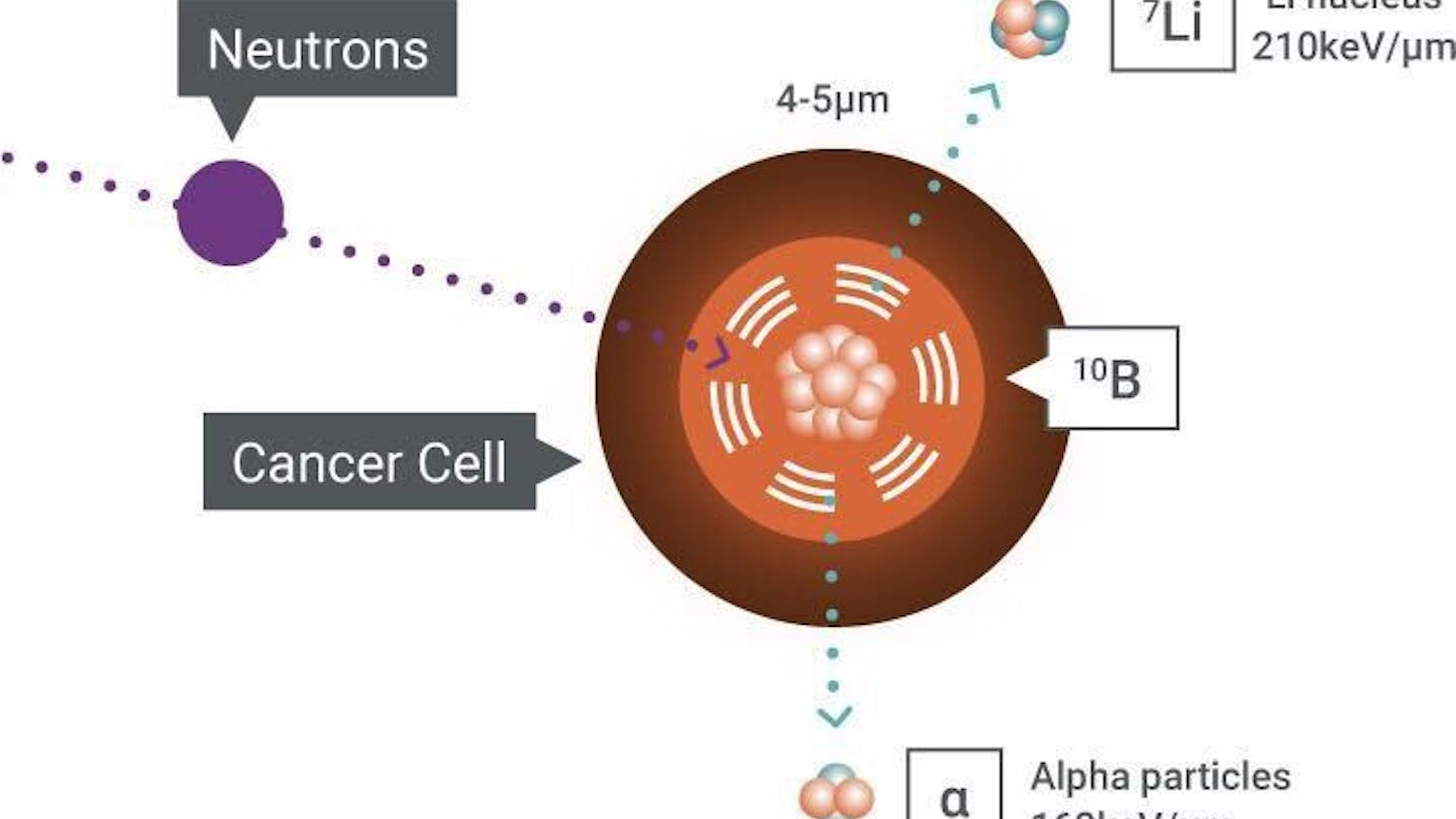Parenting styles vary among primate species. Some species’ offspring rely on the mother alone for caretaking and education. In other more social primates, caretaking can become a group responsibility where the father and older offspring contribute significant energy to infant care; this is known as cooperative breeding.
The common marmoset has one of the most complex cooperative breeding systems of all primates. After giving birth, the mother’s parenting style is largely hands-off. She leaves most of the caretaking burden to the father, who begins carrying infants soon after birth.
According to a new study from the Wisconsin National Primate Research Center, the responsiveness of fathers to their infants plays a significant role in the long-term health outcomes of the offspring. Despite being generally attentive parents as a whole, there is significant variability in the responsiveness and attention of individual marmoset fathers.
The authors of the study, Toni Ziegler, Megan Sosa and Ricki Colman, worked to understand what effects the more responsive marmoset fathers might have on their offspring.
They tested the attentiveness of each marmoset father by observing his response or lack thereof to an infant distress call that was played in an adjacent cage. Fathers were then classified as responsive or non-responsive. The researchers also tested hormonal responses to the infant distress calls and found significantly higher testosterone levels in responsive fathers who searched for the infant cry.
Ziegler explains that “when [the marmoset father] hears the sound of infants crying, this distressed sound puts him in a mode to rescue and protect” and triggers the rise in testosterone. By tracking survival and weight of infants for both responsive and non-responsive fathers, the researchers began to see a trend.
Infants from responsive fathers had a 67 percent survival rate, while the offspring of non-responsive fathers had only a 53 percent survival rate. Additionally, offspring of responsive fathers had a much higher weight trajectory than the offspring of the non-responsive fathers.
The data was in; infant marmosets with fathers who were responsive to their needs both survived more often and were gaining more weight during the weaning transition than infants of nonresponsive fathers.
Their findings make sense in evolutionary terms. While males in some species try to mate with as many females as possible, marmoset males ensure their genes are passed on by investing their energy in helping their offspring survive to maturity instead of trying to father as many infants as possible.
This paternal behavior also benefits the mother. Marmosets mothers commonly give birth to twins or triplets, and she would likely be unable to provide all the care required to raise her offspring alone. Not to mention, female marmosets are highly fecund, meaning they can conceive again as soon as 10 days after giving birth, adding to her energetic burden.
According to Ziegler, the next question to ask is where the “good father” trait comes from and why only some males have it.
“I really want to know whether it’s something that’s a genetic trait that’s passed on, or is it an environmental effect,” said Ziegler.
The same themes that this study investigates in marmosets also apply to humans. Our society also practices complex and variable cooperative breeding. Sometimes infants are raised entirely by one parent or the other, or even an older sibling. Paternal care has been shown to have wide ranging effects on well-being and health. The contributions of the father in raising a child play a major role in development.
As more and more studies come out about both humans and model species like the marmoset, researchers are realizing the psychosocial effects of paternal care are only growing in importance.
While this study doesn’t answer all the questions about marmoset paternal care, it adds to the pool of knowledge about cooperative breeding societies like ours and opens doors to asking future research questions.






